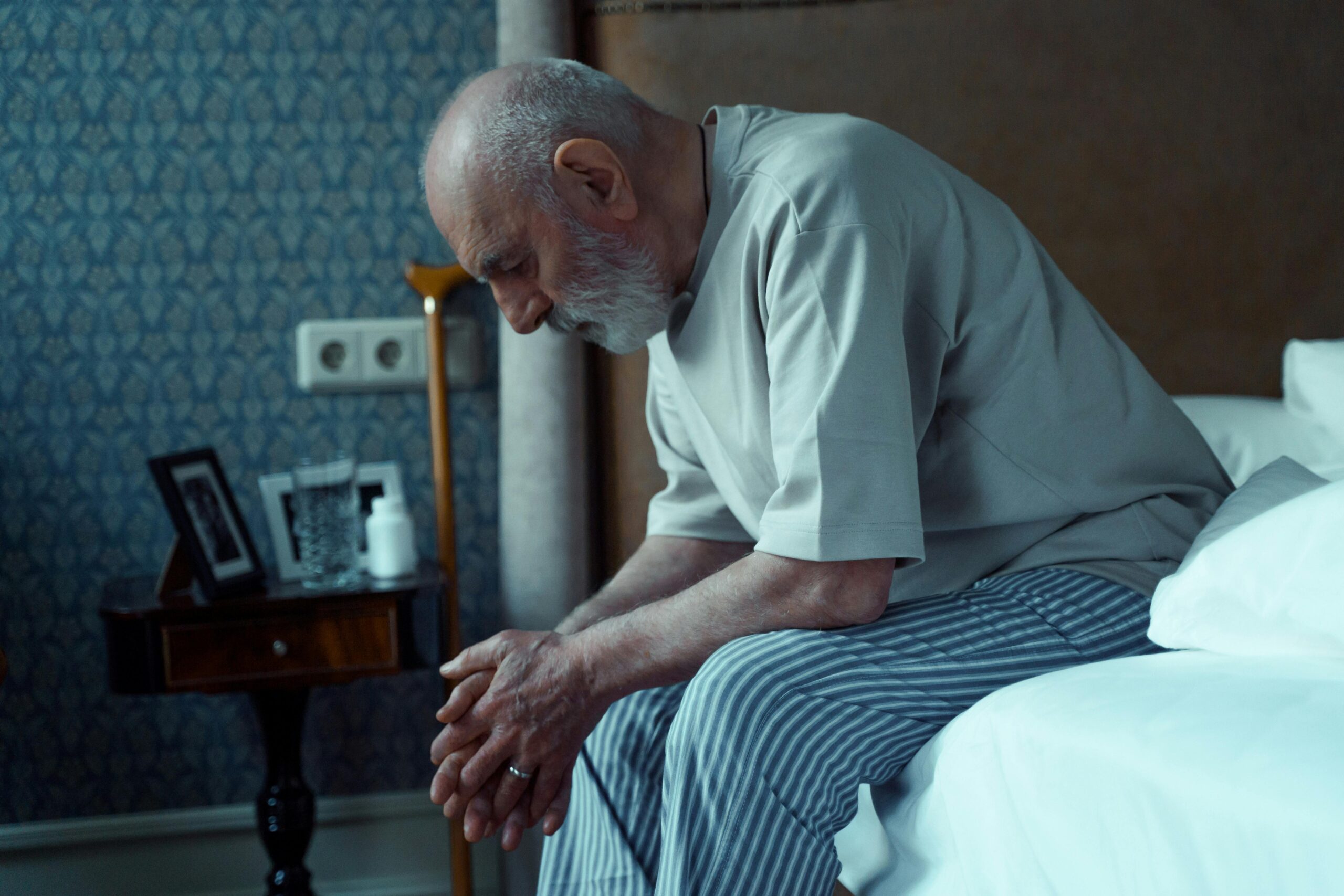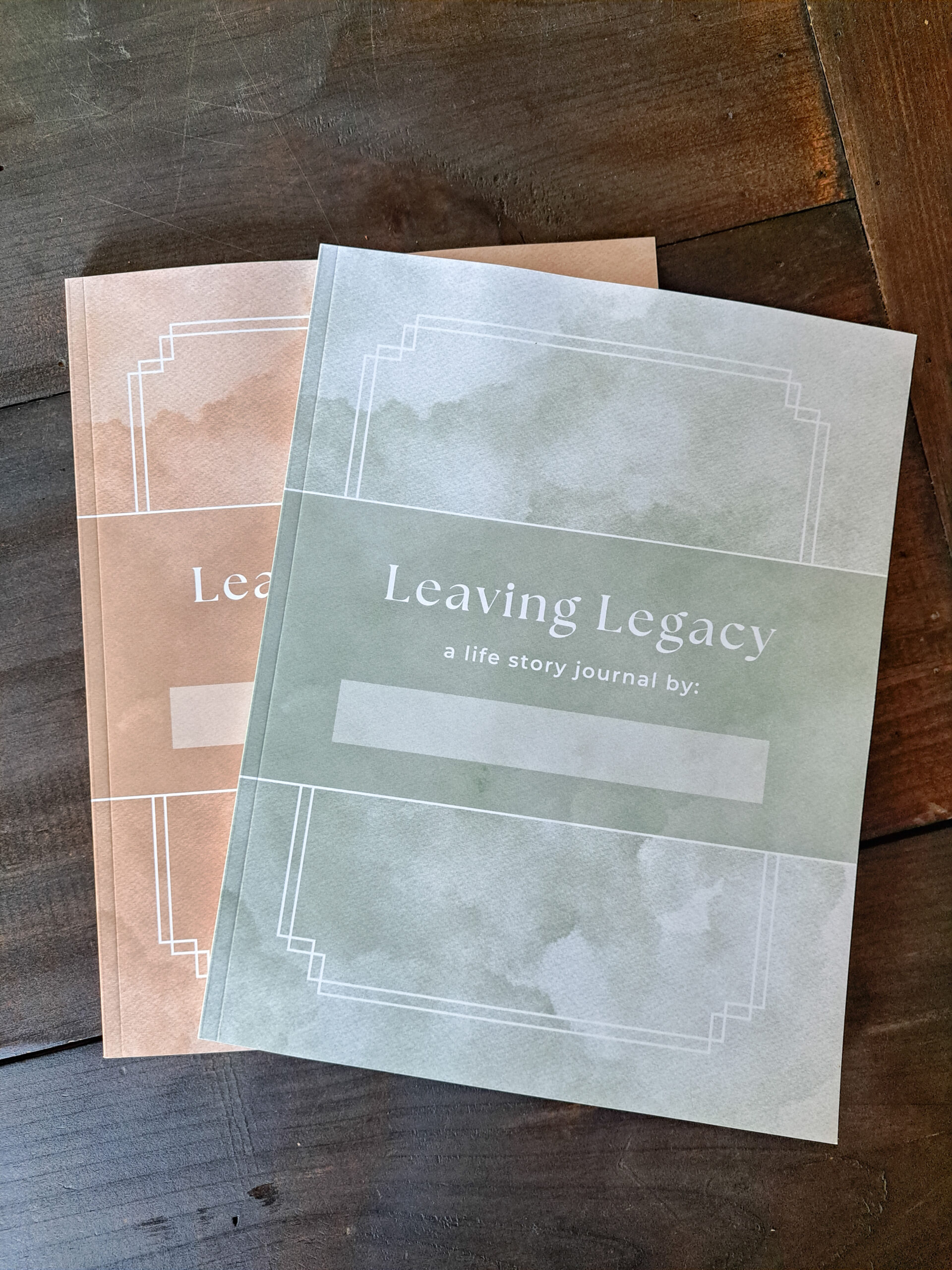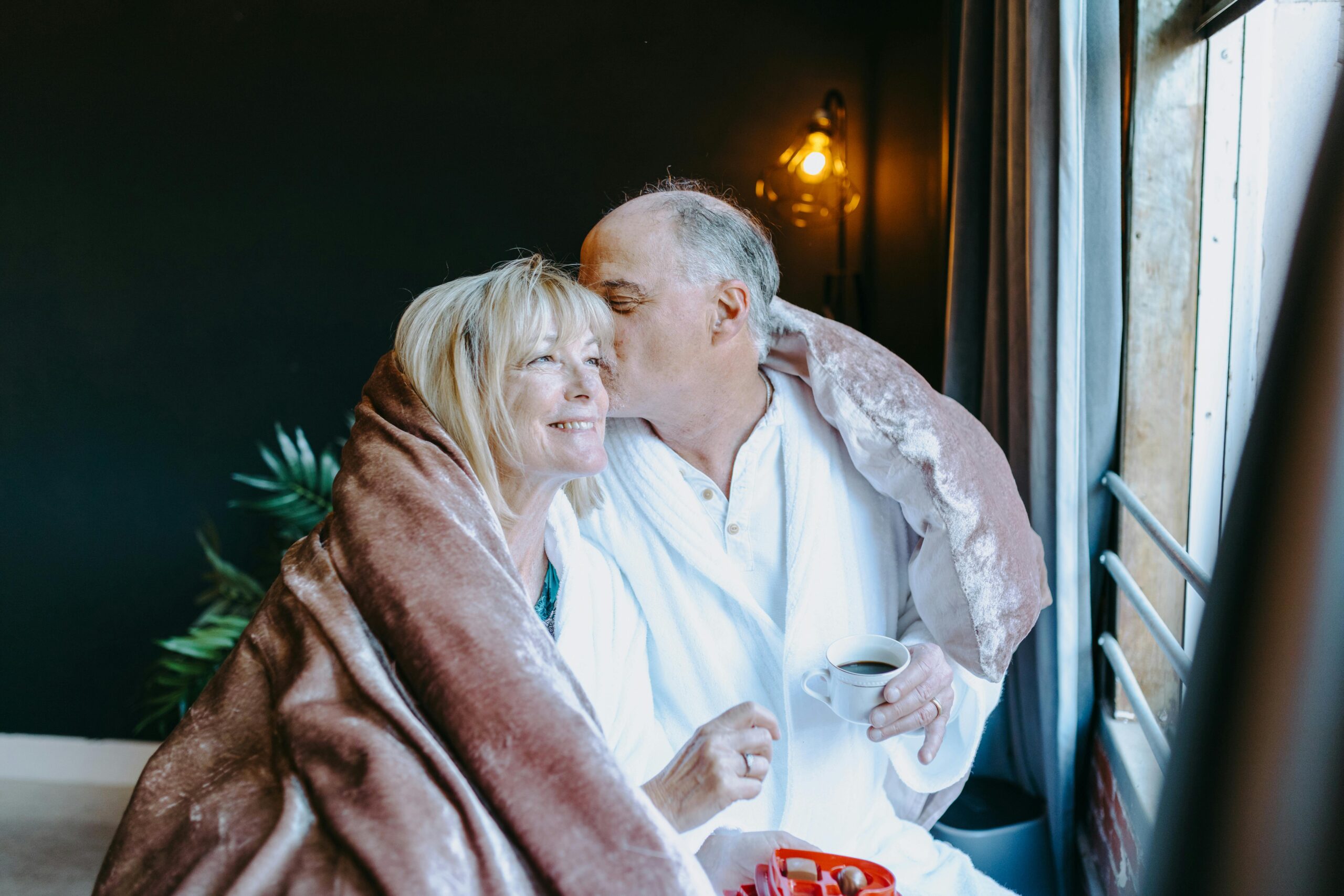LISTEN to the podcast of this blog post on Spotify:
WATCH the podcast video on YouTube:
In this series of podcast/blog episodes, I share real-life stories and experiences from my clients and people I have chatted with through a decade of working in the aging sector. Below is a summary of how each podcast/blog is outlined.
*Details of all podcast/blog stories are adjusted to ensure confidentiality of all parties.
In this episode :
- The Situation – What the client was experiencing or the circumstance they were facing.
- The Client – How the client was perceiving and responding to the situation – their mindset, emotions and result.
- The Guidance – How I helped shift their perspective to renew their mindset, emotions and result.
The Situation

Today’s story share is a family I heard about quite a while ago. It might have been a case study in something I read actually, I can’t just remember, but there are elements of this real-life story that mirror or parallel other families and situations that I have experienced.
The older adult father of the family, was in his 70s and over the years, he had spoken proactively with his eldest child about his will, and POAs, and some of his aging preferences, etc.
And although his family and children were all quite close, the father felt that it would be a burden to his other children to lay all this information on them too.
Sometimes I find in families I’ve worked with, that the older adult parent has the perception in their mind that a certain adult child or multiple adult children wouldn’t be able to ‘handle’ the depth of information about their will and death arrangements.
Or at the time of doing the planning and documentation, maybe their adult child is going through a difficult season in their own family and the older adult parent doesn’t want to ‘pile on’ another heavy conversation.
But then, as you will hear in how this plays out, that’s not necessarily the right mindset to have.
The Client
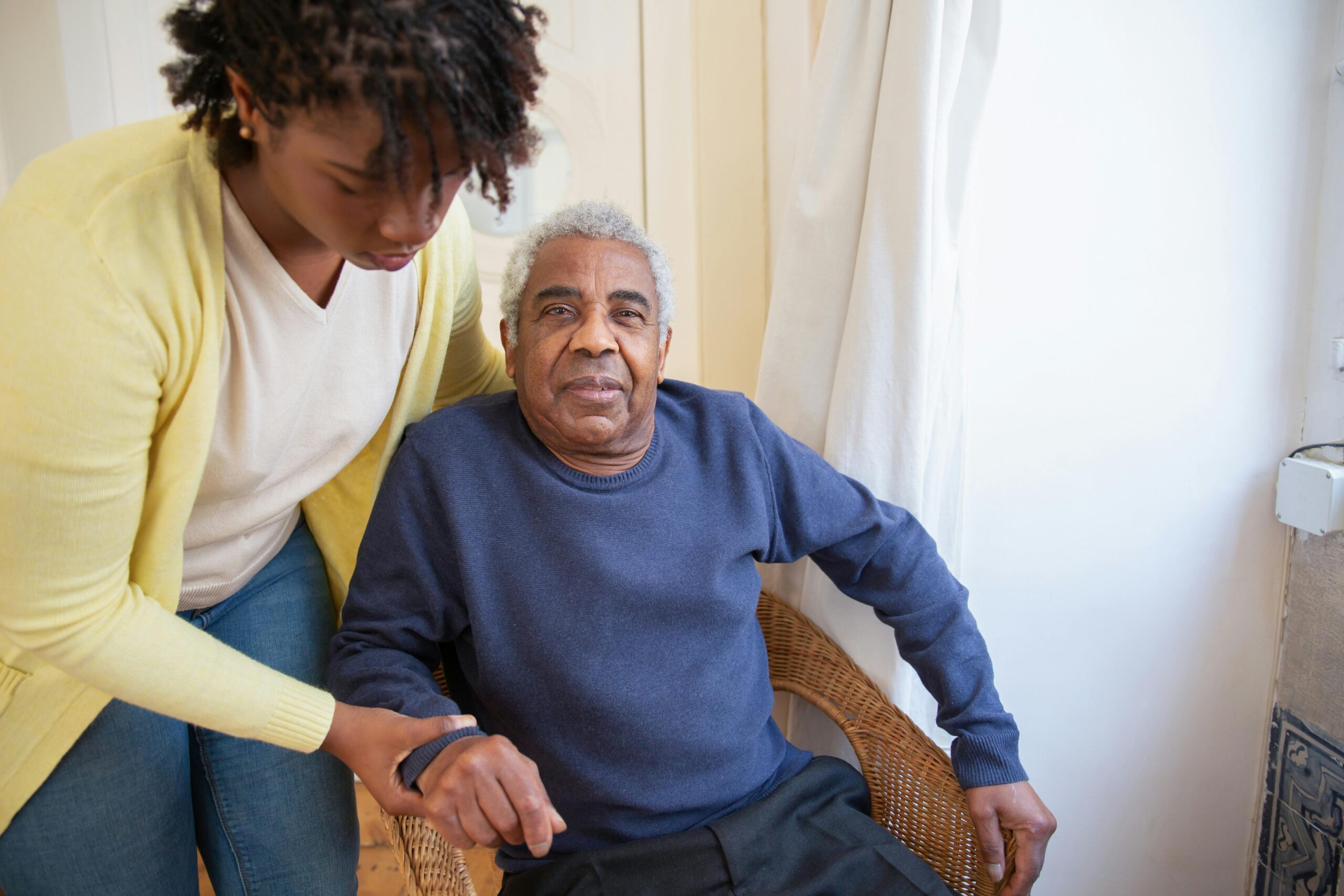
MINDSET & EMOTION
So upon this father’s sudden death, his eldest child knew many of the plans and arrangements and preferences that their father had and that eldest child kind of ‘championed’ or led the family through everything.
But when other siblings came to learn and understand the depth of conversation their father had with this eldest child and not with the rest of them, it caused some turmoil.
There were 3 ‘pairings’ I’ll call them, of mindset and emotion that the adult children of this man experienced because he only confided in his eldest child.
So #1 his other children felt hurt that their dad didn’t have these big conversations with them. They felt like they had been left out of all the planning and preparations of the conclusion of their father’s life.
#2 they felt like they had lost an extra level of closure that their eldest sibling, did receive. Because they could no longer ask their dad why he made a certain decision or left something out.
He was gone. He died suddenly in this situation. And they never got to ask him all the question marks that bounced through their head.
That will cause serious strain on sibling relationships because, in this situation the eldest child did have the deep conversations with their father and other siblings may say, ‘Well how come you didn’t ask him this??’ or ‘How could you let him make that decision?’.
I know many families, and I’m sure you may know some too, where siblings were the best of friends before a parent’s death, and then the fall out of the death and all the details and decisions that come after a death, just completely turns those relationships upside down, and I’ve seen many cases where those relationships are never repaired or are completely lost, all because of a SEVERE lack of communication and a deep perception of betrayal.
Then #3 is the added layer that magnifies everything, and that is – through navigating all of this and learning that one sibling had more information and understanding than the rest, they’re also GRIEVING the sudden death of their father.
RESULT
In a deep time of grief, we as humans, do not tend to be good at or comfortable with decision making or communicating.
So if communication and conversation was missing before the death, I have watched the emotions of grief magnify that in extreme ways.
Not to get to negative but if we’re being real, it can tear apart families when thoughts and emotions and past traumas surrounding the family situation aren’t properly processed and on track to healing.
The Guidance
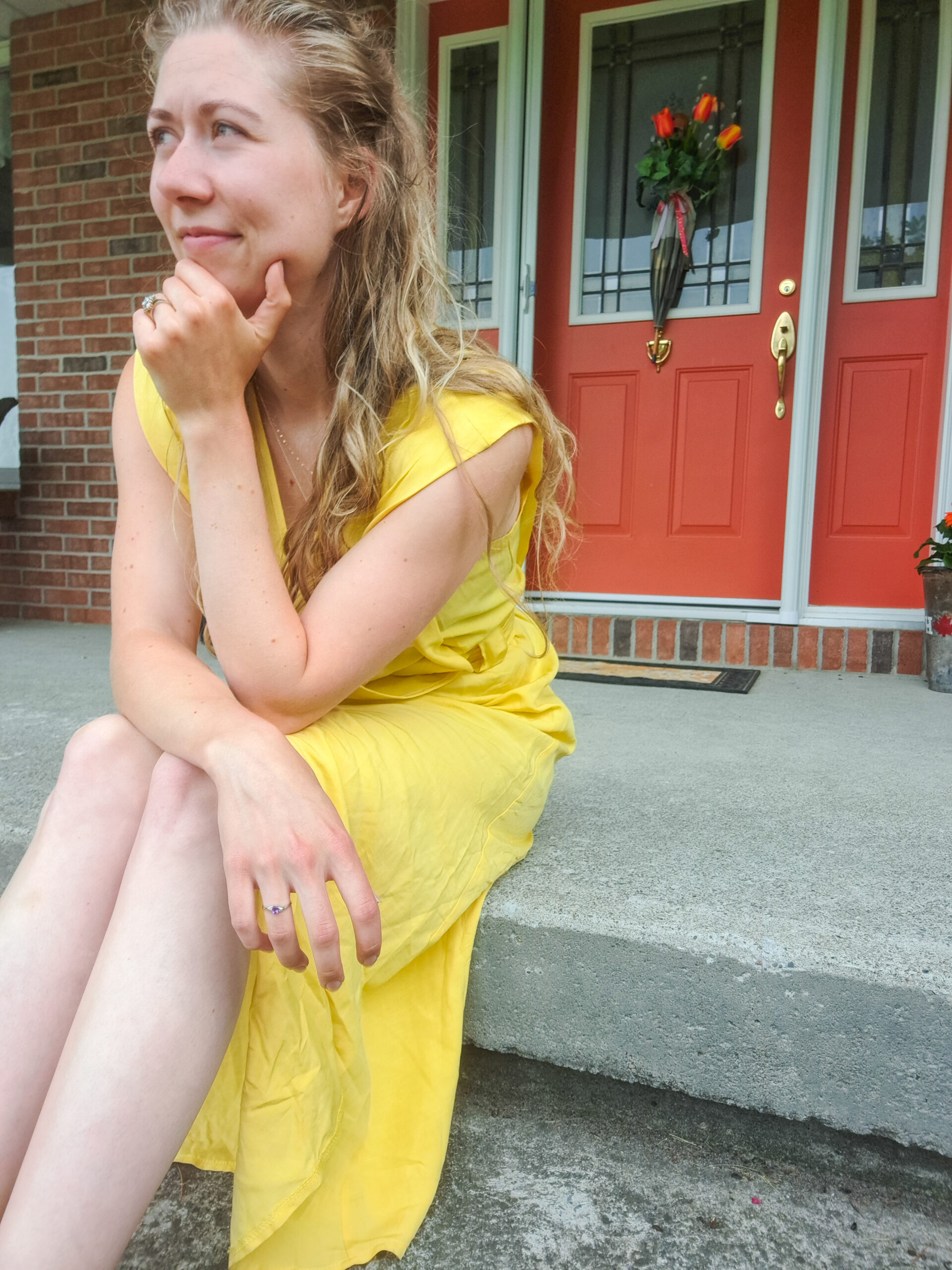
This is exactly why I am so passionate about guiding families to be proactive and intentional about planning for aging, because that is rooted in conversations.
To prevent this kind of situation or to prevent elements of this situation in your family, you have to start conversations and open up conversations from an intentional and compassionate posture.
And I’ve had people straight up say to me, ‘Well I’m not opening up that conversation…that is a can of worms I’m not willing to open…if I ask those questions it will make my mom cry…”
I’ve heard so many closed-off and withdrawn responses to this idea.
But here is my very compassionate yet tough love if you’re one of those people.
You have to figure out, how you can get comfortable with being uncomfortable. And that’s something that’s been said before because it applies to so many aspects of life.
But seriously, you have to find the reason to step into discomfort, because it’s going to create a smoother outcome in the long run.
It’s like the story in my last podcast episode – That couple that I talked about, they were more afraid of having to deal with making decisions without one another, if something were to happen to one of them – they were more afraid of doing it alone, than they were of opening up the conversation in the present moment and dealing with it all as the cards were falling.
I will also say, it’s okay if it’s messy.
In fact, it’s probably going to be pretty messy conversations at first, because most of us have never been taught how to navigate tough and emotional conversations.
In out western society, we tend to shove things down until they eventually explode out of us or we just keep living in a discouraged or depressed state having never dealt with them at all.
RENEWED RESULT
We’re all human.
We all have our own thoughts and perceptions and opinions.
It is a learned skill to be able to communicate with someone by bringing your ideas to the table, while also listening to someone else’s ideas, and then together as a team, piecing together the most optimal action plan and outcome.
Jess Davis
When we learn how to do that in a calm and intentional way:
- that is when we find understanding among one another,
- that is when we give compassion to people,
- that is when we start to become primed to HEAL when there is past trauma.
And that’s exactly what I am here to guide families into.
A Note on Aging Conversations
I coach people into opening up these Aging Conversations within their families or their care team.
This creates the foundation and continues to build the structure for Age Planning, which then creates an Optimal Aging experience for most importantly, the older adult but also the rest of their family.
Because the effects and outcomes of one individual’s aging, impacts their whole family.
Aging Conversations is 1 of 3 frameworks that I expand and explain in my mini-course, which is called The Ageucation Mini-Course.
It’s a really great starting point or first step into understanding Age Planning and how I teach Age Planning to my clients. I would encourage you to watch the 6 videos that make up this mini-course to create a firm foundation for yourself and your family in Age Planning.

3 reminders before you go –
#1. Go check the show notes for any resources or links I mentioned in this episode that peaked your interested. (I link these directly in the blog above.)
#2. Please share this episode with a friend whom you think it would bless. Because in order for more families to benefit from my Age Planning resources, I need listeners like you to spread the word.
And #3. I would love to hear from you – email me with your thoughts on this episode, or to suggest a topic you’d like to hear on a future episode. Find my email in the show notes.
And remember, we’re all aging. Aging is the same as Living. And it is a privilege to live and to age.
Jess


